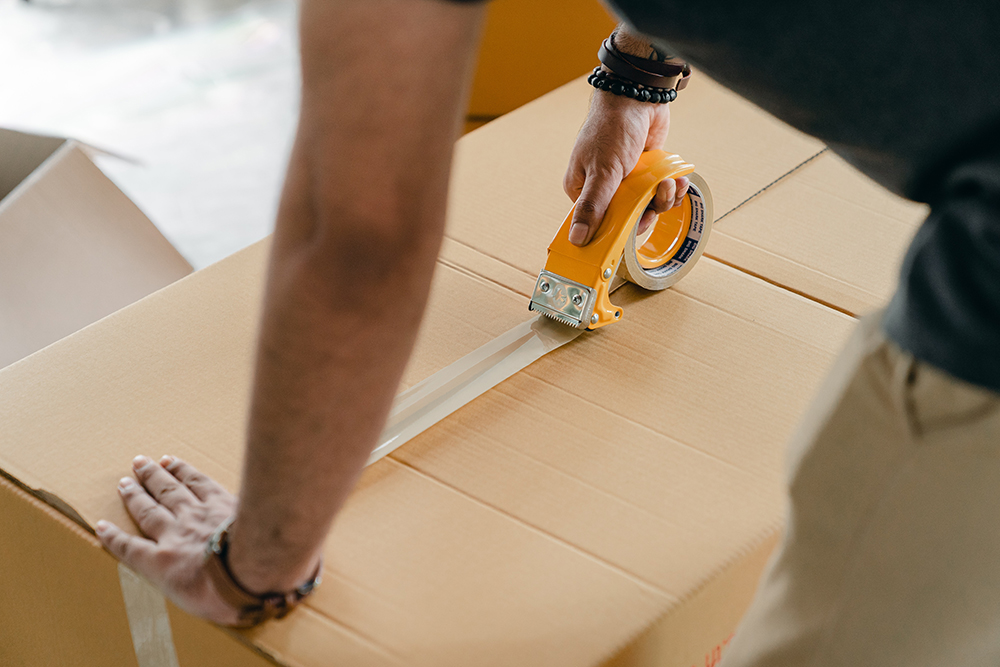In recent years, there has been a growing global movement to reduce single-use plastics, driven by concerns about plastic waste and the impact it has on the environment. In response to these concerns, the UK government introduced a number of changes to legislation aimed at reducing the use of single-use plastics and encouraging recyclable packaging.
Legislation
In 2021, the UK introduced a ban on the sale of single-use plastic items such as straws, stirrers and cotton buds, with fines for retailers who break the law. The ban aimed to reduce the amount of single-use plastic waste and encourage the use of more sustainable alternatives.
On 14 January 2023, the UK government announced that they will further extend their ban on polluting single use plastics in October 2023 – to include plastic plates, trays, bowls cutlery, balloon sticks and certain types of polystyrene cups and food containers.
In addition to these bans, the UK government introduced in April 2022 a tax on plastic packaging that does not contain at least 30% recycled content. The Plastic Packaging Tax (PPT) applies to all companies that produce plastic packaging and is calculated based on the weight of plastic used in their products. It aims to encourage businesses to use more sustainable packaging materials and promote the recycling of plastic waste.
The tax has increased pressure on packaging manufacturers to produce environmentally friendly products that are tax-exempt. Since its introduction, the range of available products has expanded considerably, with new highly innovative packaging solutions being introduced such as air pillows, air peanuts, bio-degradable plastics, palm fibre, mushroom and seaweed packaging. For further information on these types of products, get in touch.
Plastic Packaging Tax – when packaging is considered plastic
The UK Plastic Packaging Tax affects all types of plastic packaging that do not contain at least 30% recycled plastic. This includes:
- Polyethylene Terephthalate (PET) bottles
- High Density Polyethylene (HDPE) bottles
- Low Density Polyethylene (LDPE) bags
- Polypropylene (PP) containers and trays
- Polystyrene (PS) packaging and foam
- PVC packaging and film
The tax applies to both rigid and flexible plastic packaging used for the protection of goods but is not applicable to packaging used for medical, hygiene or biodegradable purposes.
Businesses are required to keep records showing what substances are in their plastic packaging. For further details on how to do this click here.
PPT and packaging tapes
The impact of this tax on tapes depends on the type of tape used. If the tape is made of plastic, then it will be subject to the tax and companies will have to pay an additional fee for its production.
However, if the tape is made from alternative materials such as paper or biodegradable plastics, then it will not be subject to the tax, making it an attractive option for companies that are looking to reduce their environmental impact. This has led to an increase in demand for eco-friendly tapes and a reduction in demand for traditional plastic tapes. If you require eco-friendly tapes, then we can help. We have access to a wide range and are able to advise on the best options for your usage.
